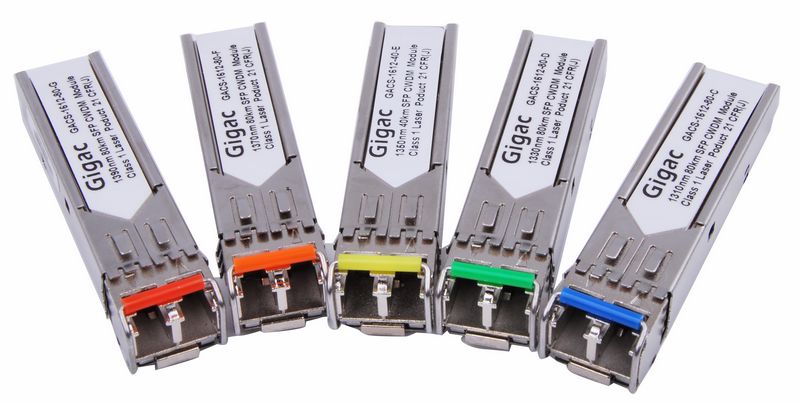The reason why optical modules are so important is mainly attributed to their crucial role in the conversion of optical and electrical signals, as well as the many technological advantages they bring. The following is a detailed analysis of the importance of optical modules:
Firstly, an optical module is a transmission device that includes photoelectric conversion, electrical interfaces, control circuits, and optical interfaces, capable of supporting the conversion between optical signals and electrical signals. Optical modules play an indispensable role in high-speed data transmission and network connectivity. Whether it is computer networks, data centers, or communication systems, optical modules are the core components for achieving efficient and stable data transmission.
Secondly, optical modules have many significant technological advantages. For example, optical signal transmission has higher transmission speed and larger bandwidth capacity, allowing optical modules to meet the needs of large-scale data transmission and fast application response. In addition, optical modules also have the characteristics of low power consumption and energy conservation, which helps to reduce energy consumption and heat dissipation problems, and improve the reliability and lifespan of equipment. The optical module can also achieve long-distance data transmission, overcoming the limitations of traditional electrical signal transmission in terms of resistance and electromagnetic interference. Meanwhile, the small size, lightweight, and easy installation characteristics of optical modules give them significant advantages in equipment with high assembly density and environments with limited space.

Furthermore, with the rapid development of information technology, the sharp increase in data traffic has put forward higher requirements for the performance indicators of optical modules. Optical module technology is constantly innovating and developing to meet the growing demand for data transmission. For example, silicon optical integration technology is gradually becoming the mainstream technology direction for high-speed optical modules, providing broader possibilities for future data transmission.
Finally, the optical module also has wide compatibility and scalability, which can seamlessly integrate with various devices and network structures, and can be flexibly upgraded and expanded according to needs. This enables optical modules to adapt to constantly changing communication needs, providing strong support for future network development.
In summary, the reason why optical modules are so important is because of their crucial role in the conversion of optical and electrical signals, as well as the many technological advantages they bring. With the continuous progress of information technology and the expansion of application fields, optical modules will play a more important role in future communication networks.


